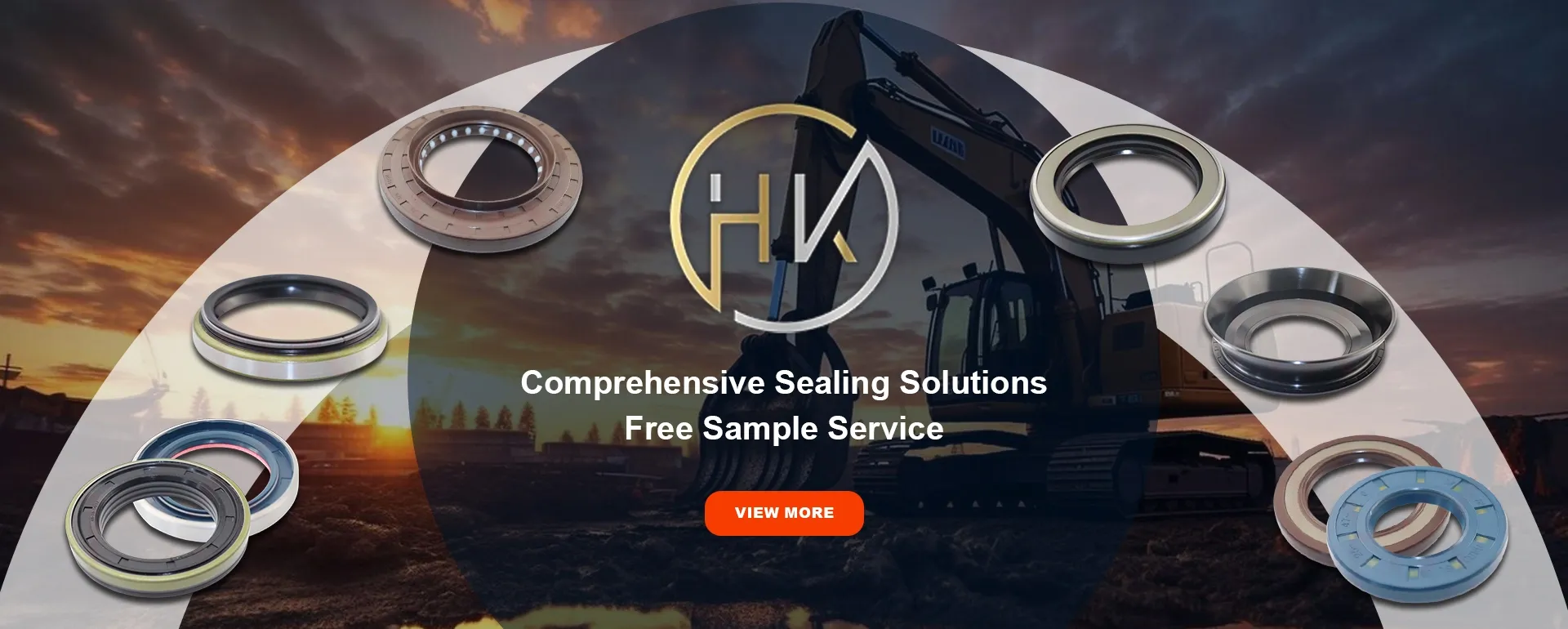Dec . 07, 2024 10:39 Back to list
shaft oil seal
Understanding Shaft Oil Seals Function, Types, and Importance
Shaft oil seals, an integral component in various machinery and automotive applications, play a critical role in maintaining the integrity and efficiency of equipment by preventing the leakage of lubricants. In this article, we will explore the function, types, and importance of shaft oil seals.
What is a Shaft Oil Seal?
A shaft oil seal is a mechanical seal that is designed to seal the junction between a rotating shaft and a stationary housing. It is primarily used to prevent the loss of lubricants, such as oil or grease, that are essential for the smooth operation of machinery. By keeping fluids contained and contaminants out, oil seals not only enhance the longevity of equipment but also improve efficiency.
Function of Shaft Oil Seals
The primary function of a shaft oil seal is to prevent fluid leakage
. When machinery operates, the high-speed rotation of the shaft can cause lubricants to escape, which can lead to insufficient lubrication, increased wear, and potential failure of the equipment. Oil seals accomplish this by creating a tight seal around the shaft, utilizing a flexible sealing lip that adapts to the surface of the shaft, thus ensuring minimal leakage.In addition to fluid containment, oil seals prevent contaminants such as dirt, dust, and moisture from entering the machinery. These contaminants can cause significant damage, leading to increased maintenance costs and downtime. By effectively keeping these particles out, oil seals contribute to smoother operation and a longer lifespan for the equipment.
Types of Shaft Oil Seals
1. Lip Seals The most common type of shaft oil seal, lip seals consist of an elastomeric material that creates a tight seal against the shaft. The sealing lip is designed to compress against the shaft surface, creating a barrier that minimizes fluid leakage. They are often used in both rotating and static applications.
2. Mechanical Seals These are used in applications where high pressures and temperatures are involved. Mechanical seals consist of two flat surfaces that seal against each other, preventing the escape of lubricants. They are commonly used in pumps and compressors.
3. Rotary Seals Often used in high-speed applications, rotary seals are designed to withstand the high centrifugal forces generated during operation. These seals can accommodate variations in the diameter of the shaft and are ideal for dynamic applications.
shaft oil seal

4. Spring-Loaded Seals These seals utilize a spring mechanism to maintain constant pressure against the shaft. This design helps to compensate for wear over time, ensuring that the seal remains effective throughout its lifespan.
5. PTFE Seals Made from polytetrafluoroethylene (PTFE), these seals offer excellent chemical resistance and can perform well in extreme temperatures. They are often used in specialized applications where traditional elastomeric materials may fail.
Importance of Shaft Oil Seals
The importance of shaft oil seals cannot be overstated. Here are several key reasons why they are vital in various applications
- Lubrication Efficiency By preventing leaks, shaft oil seals ensure that machinery remains properly lubricated. This helps reduce friction, which in turn minimizes wear on components and enhances overall efficiency.
- Cost Savings Preventing fluid leakage means reduced operational costs and less frequent need for maintenance. Equipment that runs smoothly with minimal interruptions leads to significant cost savings over time.
- Environmental Impact Effective oil seals help reduce the risk of spills and leaks, which can have detrimental effects on the environment. By containing lubricants within the machinery, companies can adhere to environmental regulations more easily.
- Safety In industries where fluids can pose safety risks, such as automotive and manufacturing, well-functioning oil seals prevent hazardous conditions by keeping lubricants contained and minimizing the potential for slips and spills.
Conclusion
In summary, shaft oil seals are vital components that contribute to the proper functioning and longevity of machinery. By preventing lubricant loss and protecting against contamination, they play an essential role in ensuring operational efficiency and safety. Understanding the different types of oil seals and their applications can help engineers and technicians make informed decisions about maintenance and replacement, ultimately leading to improved equipment performance and reliability. Whether in industrial machinery or automotive systems, shaft oil seals are indispensable for optimal operation.
-
TCN Oil Seal Metal Ring Reinforcement for Heavy Machinery
NewsJul.25,2025
-
Rotary Lip Seal Spring-Loaded Design for High-Speed Applications
NewsJul.25,2025
-
Hydraulic Cylinder Seals Polyurethane Material for High-Impact Jobs
NewsJul.25,2025
-
High Pressure Oil Seal Polyurethane Coating Wear Resistance
NewsJul.25,2025
-
Dust Proof Seal Double Lip Design for Construction Equipment
NewsJul.25,2025
-
Hub Seal Polyurethane Wear Resistance in Agricultural Vehicles
NewsJul.25,2025
-
The Trans-formative Journey of Wheel Hub Oil Seals
NewsJun.06,2025
Products categories
















